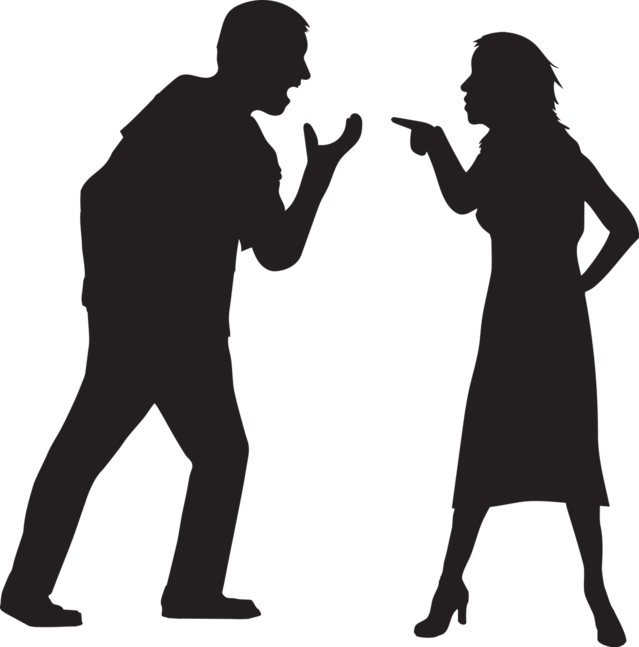Happiness
How to Lower Your Expectations
Lowering expectations can help people find happiness and peace.
Posted September 14, 2021 Reviewed by Chloe Williams
Key points
- Some people have higher expectations of others than they do of themselves, which can lead to anger and disappointment.
- Ways to lower one's expectations include conquering a goal oneself before expecting it from others and reflecting on ways to improve oneself.
- The purpose of recalibrating expectations is not to give others a free pass. Focusing on personal goals can help people feel empowered and free.

In my opinion, it is a very bad idea to have higher expectations of other people than you do for yourself. Yet, many people have expectations set this way. I believe that this is a recipe for disappointment and unhappiness.
Actually, it is quite common for people to have high expectations of other people; much higher than they would for themselves. In fact, sometimes you will see someone criticize another person for doing the exact same behavior that they are. For example, a woman on the carpool line makes note that another mom has gained weight. Yet, this particular mother has gained weight herself. She seems to be able to notice it in the other mom, and expects the other mother to not have gained weight, but does not have this expectation for herself.
I feel this is a problem that could be holding people back from moving further in life, and evolving and maturing. I have a few tips on how to expect more from yourself and less from other people.
Tips for Expecting Less
First, you need to always remember that before you expect something out of somebody else, you need to have actually conquered this goal yourself. In fact, maybe try asking yourself "Why do I even have this expectation of another person?" Think about it; why would the mother in the carpool line have an expectation that the other mother not put on weight? At the end of the day, what does the other mother's weight have to do with her? Why would that expectation be there?
Second, start taking a really good look at yourself. Look in the mirror and take inventory about what you would like to change about yourself, and be very honest. Have a conversation about what is it that you are doing right now that is below your level of expectation from yourself. Use the words, "What do I expect of myself, and what can I do to improve myself?"
Just the act of identifying what you expect of yourself and trying to come through on those goals will automatically help distract you from focusing on other people. Ultimately, you only have control over your own behavior and you have zero control over other people.
Lastly, the moment you feel you are disappointed because another person did not come through for you; literally say to yourself, "It's not for me to have those expectations on that other person." Just the act of letting yourself know in the moment that you're not supposed to have high expectations of the other person will automatically help you handle and cope with the other person not coming through for you.
Remember, ultimately, the purpose of reducing your expectations of other people is not necessarily to give other people around you some sort of gift or pass. The entire goal is to help you as an individual stop feeling constant frustration, anger, and disappointment from those around you.
Also, by raising the level of expectations you have on yourself and trying to reach your own personal goals, you should begin to feel more empowered and free. If you have expectations of other people and they disappoint you, you are giving the other people permission to dictate how you are going to feel. That is a lot of power to give to other people. Even though people will perceive themselves as "victims," it is never a good idea to be somebody's "victim." It's never a good idea to give other people that sort of power and control over you. That power and control need to come internally.


